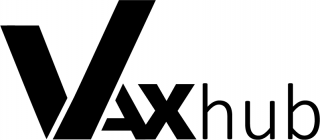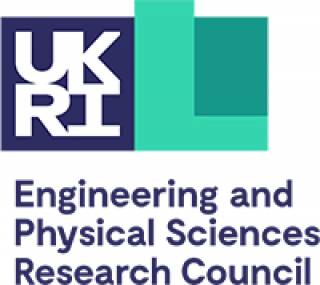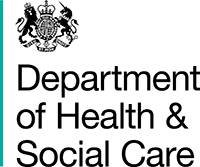Over the past year, Vax-Hub held two workshops bringingt together the Hub team with a range of national and international stakeholders in vaccine development, manufacturing, delivery, and policy
1. Workshop: The skills agenda for vaccine manufacturing
On 30 May 2022, Vax-Hub held an online sandpit workshop to discuss the skills agenda for vaccine manufacturing. The workshop report identifies the key gaps in vaccine manufacturing skills development opportunities in LMICs and how the Vax-Hub can contribute to local manufacturing efforts.
Key points
In order to achieve the ambitions to increase global vaccine manufacturing capacity and conduct successful technology transfer, especially in LMICs, concerted efforts are required to train a new workforce of highly skilled bioprocessing specialists.
There are skills shortages in a range of different vaccine manufacturing activities covering the entire value-chain for vaccine manufacturing ranging from vaccine discovery to logistics, production and quality control.
Organisations such as the Vax-Hub could play a valuable role in providing additional training capacity, especially in new and innovative processes, but coordination with existing networks and manufacturers to identify gaps where training opportunities are lacking is vital.
- Funder: EPSRC and the Department of Health and Social Care
- Lead researchers: Professor Martina Micheletti (UCL Biochemical Engineering) and Professor Sarah Gilbert (University of Oxford Pandemic Sciences Institute)
- Policy Impact Unit (UCL Department of Science, Technology, Engineering and Public Policy) lead: Dr Penny Carmichael
2. Workshop: Opportunities in needle-free formulation
On 31 May 2022, Vax-Hub held an online sandpit workshop to discuss needle-free administration routes for vaccines, the potential benefits that these might offer, and how the Vax-Hub should prioritise formulation studies in the next phase of their research. The workshop report explores key challenges in vaccine formulation, particularly for needle-free administration routes, and considers how the Vax-Hub should address these challenges.
Key points
Adopting needle-free technologies such as tablets, inhalers, and microarray patches could lead to greater-shelf life and better temperature stability vaccines that are easy to administer.
Although needle-free administration routes are promising, there remain challenges to be overcome in efficacy, regulation, cost and manufacturability.
To have the largest impact on global supply chains and vaccine availability, a primary goal for vaccine formulation should be achieving better thermostability for storage at ambient temperatures.
- Funder: EPSRC and the Department of Health and Social Care
- Lead researchers: Professor Martina Micheletti (UCL Biochemcal Engineering), Professor Sarah Gilbert (University of Oxford Pandemic Sciences Institute)
- Policy Impact Unit (UCL Department of Science, Technology, Engineering and Public Policy) lead: Dr Penny Carmichael
 Close
Close




